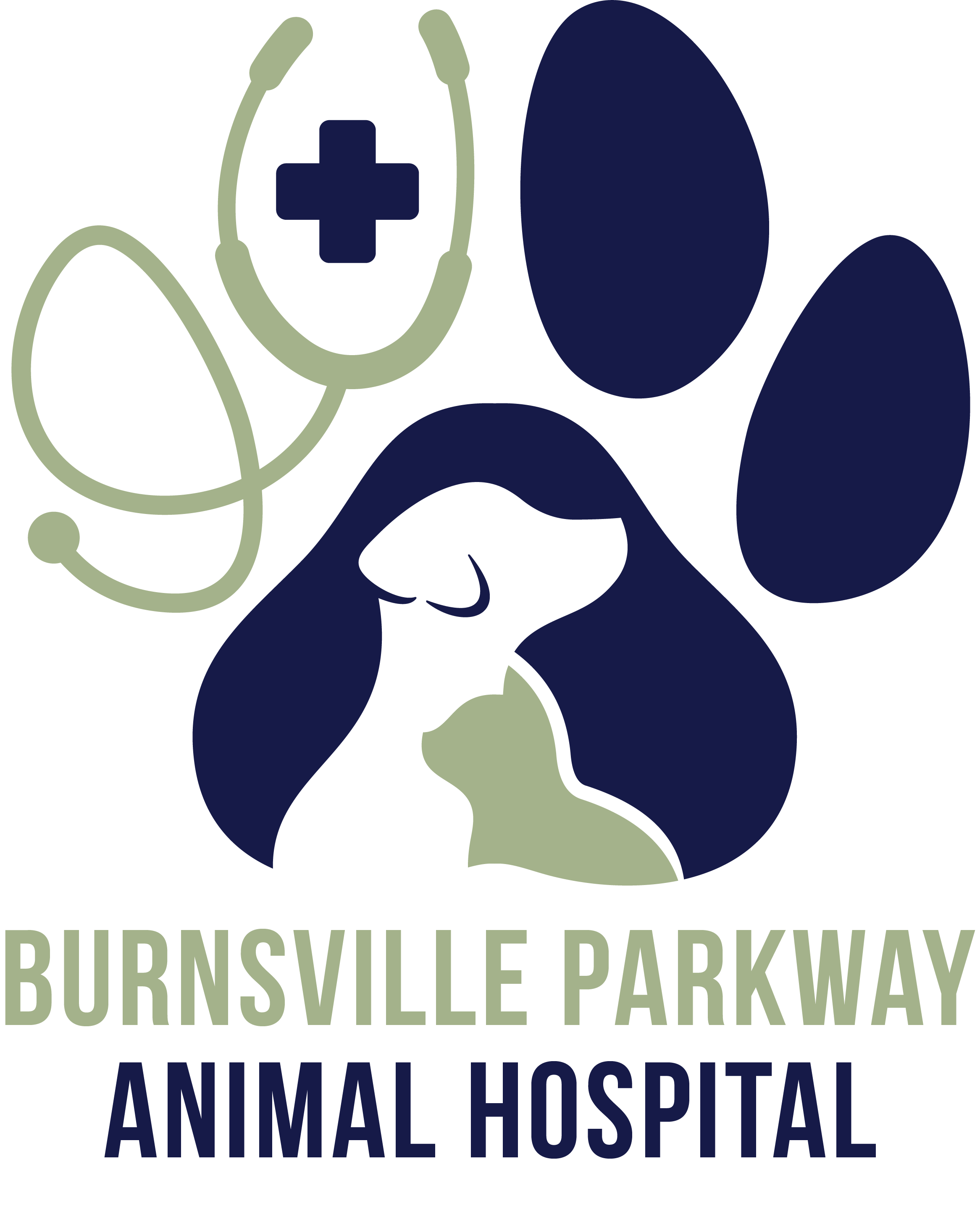Motion Sickness Can Affect Your Dog, Too
Your one-year-old retriever mix Roscoe lives his life at top speed. This energetic canine housemate literally trots through his neighborhood walks, and he races around the dog park like he’s pursuing a cheetah. He also thrives on car rides, bounding across the seat to enjoy the changing landscape. Lately, though, your normally enthusiastic pooch has whined and whimpered while underway. Once, he even upchucked on your fabric seat. You’ve heard that dogs can be plagued by motion sickness in cars, planes, and boats. You suspect that poor Roscoe has been victimized. Tomorrow, he’ll visit your Lakeville veterinarian, who will give him a physical checkup and determine what’s behind your dog’s strange antics.
Distinctive Symptoms
If Roscoe’s hounded by motion sickness, he’ll display several memorable symptoms. First, he’ll incessantly lick his lips. Next, he’ll drool quite profusely. After moaning and yawning, he’ll sit completely still. If you’ve ignored him, you’ll wake up when he vomits on your seat or leaves a smelly pile on the clean carpet.
Potential Triggers
Since Roscoe recently became a young adult, his sense of equilibrium is under development, making him susceptible to motion sickness. Once he fully transitions into adulthood, he might outgrow this unfortunate ailment.
Or, your canine companion’s antics could stem from an unfortunate incident. He still remembers that awful three-day weekend ordeal, when he was packed into your SUV’s cargo bay with your mean-tempered cat. Although this malevolent beast couldn’t escape his crate, he hissed and growled almost constantly, tormenting your terrified dog. Since then, your poor pooch thinks that evil feline is waiting for him inside the vehicle.
Making the Diagnosis
First, your vet will rule out a neurological or behavioral cause for Roscoe’s actions. After hearing about your dog’s travel mishaps, he’ll likely conclude that motion sickness is the culprit.
Concurrent Treatment Tactics
Your vet might battle the motion sickness on several fronts. Open your vehicle’s windows while underway, as that should decrease the interior air pressure and reduce Roscoe’s stomach queasiness. Take along his favorite dog toys and blanket; and stop frequently for potty walks. Don’t feed him for several hours prior to the trip. With less food in his stomach, he’s less likely to throw up.
If Roscoe’s still miserable, ask your Lakeville veterinarian if medication might help. If your dog displays similar symptoms, contact us for expert assistance.
